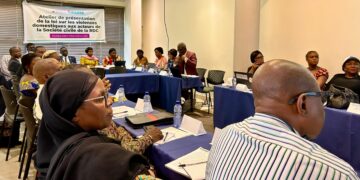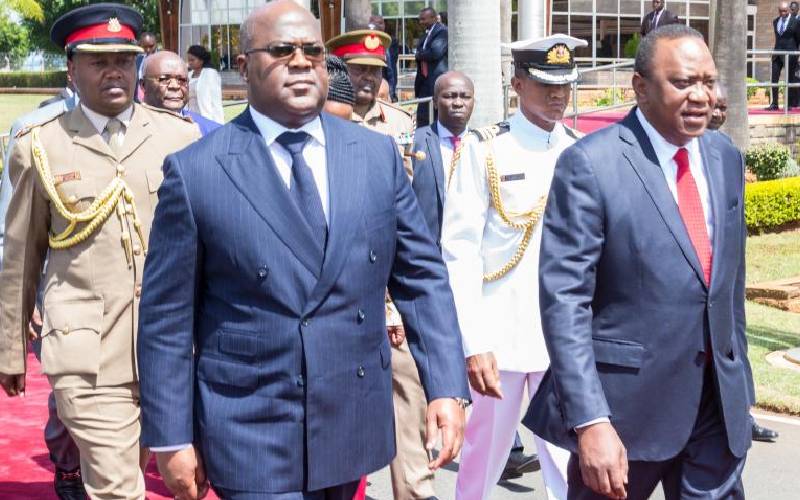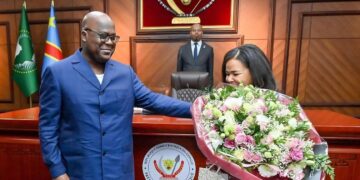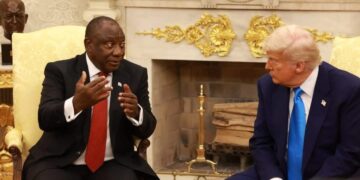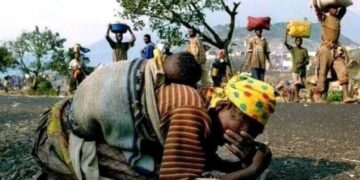The call comes amid growing public concern over the culture of impunity surrounding high-ranking political figures, who are often shielded from prosecution by their legal immunities. According to civil society groups, the current constitutional provisions are too broad and have been misused to protect individuals from accountability, even in cases involving serious financial crimes.
“Immunity was never meant to be a shield for corruption,” said Josiane K., a prominent activist and member of the Civil Society Platform for Justice and Accountability. “It is a safeguard for the independence of Parliament, but it must not serve as an obstacle to justice.”
An Urgent Need for Legal Clarity
Article 107 of the Congolese Constitution grants broad immunity to members of Parliament, protecting them from arrest, prosecution, or investigation without prior authorization from the chamber they belong to. While intended to preserve the legislative independence of lawmakers, this provision has often been invoked to block or delay judicial proceedings, especially in high-profile cases involving public funds.
Civil society leaders argue that the Constitution should be amended to establish clear exceptions, particularly for crimes related to corruption, financial mismanagement, and unjustified enrichment. They believe that such crimes should not benefit from any form of legal protection, regardless of the official’s position.
“There must be a red line,” added Ms. K. “No immunity when it comes to public money and abuse of power for personal gain.”
A System in Crisis
The DRC has long struggled with systemic corruption. The country ranks poorly on international corruption indexes, and watchdog groups have repeatedly denounced the lack of effective oversight mechanisms. In recent years, several investigative reports and audit findings have exposed large-scale misappropriation of public funds involving state institutions, ministries, and even parliamentary offices.
However, despite growing evidence and public pressure, few high-level prosecutions have moved forward, often due to the legal and procedural hurdles posed by immunity.
“This status quo creates a two-tiered justice system — one for the powerful and one for everyone else,” said Richard M., a legal expert with the Centre for Anti-Corruption Reform. “It is deeply damaging to the rule of law and democratic accountability.”
A Call for Political Courage
The civil society coalition is urging both houses of Parliament to take immediate steps to begin a constitutional review process. They propose the creation of a bipartisan commission, in consultation with judicial authorities and civil society, to draft the necessary amendments and ensure they meet international standards for transparency and accountability.
They also call on the President of the Republic, Félix Tshisekedi, to support the initiative as part of his government’s stated commitment to good governance.
“The credibility of the institutions is at stake,” said Richard M. “Without bold action, public trust will continue to erode, and the very legitimacy of democratic processes will be questioned.”
Initial Political Reactions
While Parliament has not officially responded to the call, a few lawmakers have begun to weigh in. Some members of the ruling coalition have expressed support for the idea, citing the need to rebuild the moral authority of the legislature. Others, particularly within the opposition, have voiced concerns about the potential for political manipulation of the judiciary if immunities are weakened without adequate safeguards.
Nevertheless, the pressure is mounting. With elections on the horizon and public dissatisfaction on the rise, many observers believe that the time for reform is now.




